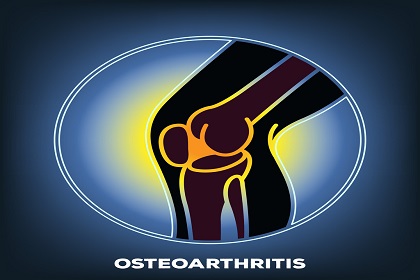Search
What is dehydration?
Dehydration is a condition that develops when your body does not have enough fluid. You may become dehydrated if you do not drink enough water or lose too much fluid. Fluid loss may also cause loss of electrolytes (minerals), such as sodium.
What increases my risk for dehydration?
• Vomiting, diarrhea, or fever
• Being in the sun or heat for too long
• Sweating while playing sports
• Diseases, such as stroke, diabetes, or infections
• Medicines that cause you to lose water and salt, such as diuretics (water pills)
• Older age with decreased ability to sense thirst or to urinate
What are the signs and symptoms of dehydration?
• Dry eyes or mouth
• Increased thirst
• Dark yellow urine
• Urinating little or not at all
• Tiredness or body weakness
• Headache, dizziness, or confusion
• Irregular or fast breathing, fast or pounding heartbeat, and low blood pressure
• Sudden weight loss





